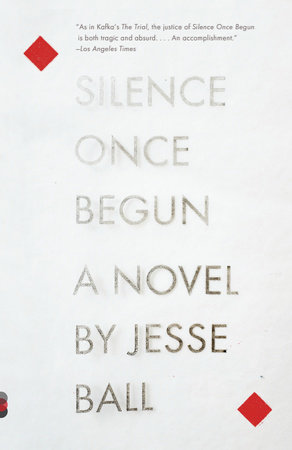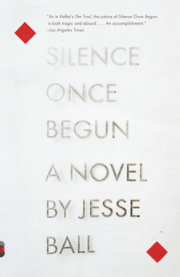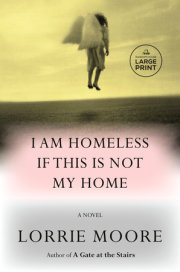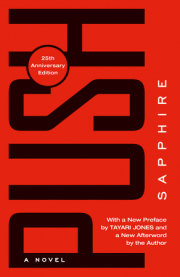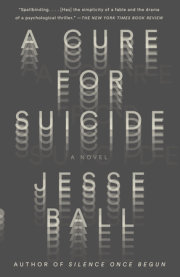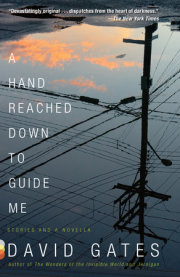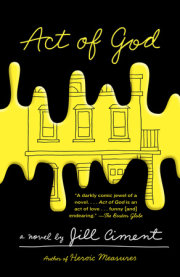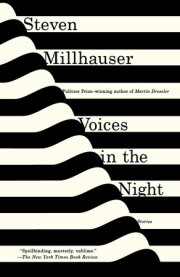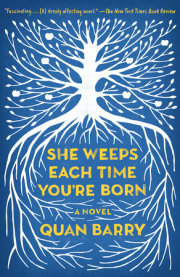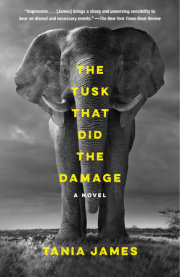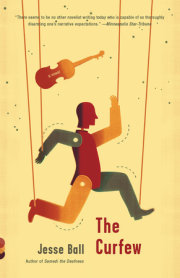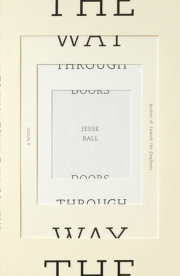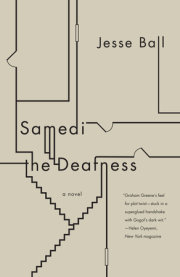A First Telling of the Story
Oda Sotatsu was a young man in October of 1977. He was in the twenty-ninth year of his life. He worked in an office, an import/export business owned by his uncle. They principally sold thread. To do this, they bought thread also. Mostly for Sotatsu it was buying and selling thread. He did not like it very much, but went about it without complaint. He lived alone, had no girlfriend, no pets. He had a basic education and a small circle of acquaintances. He appears to have been well thought of. He liked jazz and had a record player. He wore simple, muted clothing, ate most meals at home. The more passionately he felt about a subject, the less likely he would be to join a discussion. Many people knew him, and lived beside him, near him—but few could say they had any sense of what he was really like. They had not suspected that he was really like anything. It seemed he merely was what he did: a quiet daily routine of work and sleep.
The story of Oda Sotatsu begins with a confession that he signed.
He had fallen in with a man named Kakuzo and a girl named Jito Joo. These were somewhat wild characters, particularly Sato Kakuzo. He was in trouble, or had been. People knew it.
Now this is what happened: somehow Kakuzo met Oda Sotatsu, and somehow he convinced him to sign a confession for a crime that he had not committed.
That he should sign a confession for a crime that he did not commit is strange. It is hard to believe. Yet, he did in fact sign it. When I learned of these events, and when I researched them, I found that there was a reason he did so, and that reason is—he was compelled to by a wager.
There were several accounts of how that evening went. One was the version that had been in the newspapers. Another was a version told by Oda Sotatsu’s family. Still a third was the version held to by Sato Kakuzo. This final version is stronger than the others for the reason that Kakuzo taped the proceedings and showed the tape to me. I have listened to it many times, and each time, I hear things that I have not heard before. One has the impression that one can know life, actual life, from its simulacrums by the fact that actual life constantly deceives and reveals, and is consistent in doing so.
I will describe for you the events of that evening.
The Wager
When I listened to the tape, the conversation was, in places, difficult to make out. The music was loud. As the night wore on, the party drank and spoke quite rapidly. In general, the atmosphere was that of a bar. Someone (Joo?) repeatedly gets up, leaves, returns, scraping her chair loudly against the wooden floor. They spoke inconsequentially for about forty minutes, and then they reached the matter of the wager.
Kakuzo led into it quietly. He spoke fluidly and described a sort of comradeship that they shared, the three of them. He acted as though they were all fed up with life. Joo and he, he said, had been doing things to try to escape this feeling. One of those things was to wager on cards, in a private game between the two of them. He said when he would lose, he would cut himself. Or Joo would cut herself, if she should lose. He said they went from that to other things, to forcing each other to do things, in order to feel alive again. But it all revolved around the wagering, around letting life hang in a balance. Did Sotatsu not think that was fascinating? Was he in no way stirred to try it?
All night, they were at him, Joo and Kakuzo, and finally, they convinced him. In fact, they had chosen him because he had appeared to them as someone who might be convinced, who could be convinced of such a thing. And indeed, it proved true; they were able to make him join their game.
He and Kakuzo made a wager. The wager was that the loser, whoever he was, would sign a confession. Kakuzo had brought the confession. He set it out on the table. The loser would sign it, and Joo would bring it to the police station. All that one could feel in life would be gathered up into this single moment when the wager went forward and one’s entire life hung on the flip of a card. Kakuzo had brought the cards as well, and they sat there on the table beside the confession.
The music in the bar was loud. Oda Sotatsu’s life was difficult and had not yielded to him the things he had hoped for. He liked and respected both Kakuzo and Joo and they were bent entirely on him, and on his doing of this thing. This is how it turned out: Oda Sotatsu wagered with Sato Kakuzo. He lost the wager. He took a pen and he signed the confession, there on the table. Joo took it with her and she and Kakuzo left the bar. Oda went home to his small apartment. Whether he slept or not, we do not know.
Copyright © 2014 by Jesse Ball. All rights reserved. No part of this excerpt may be reproduced or reprinted without permission in writing from the publisher.

